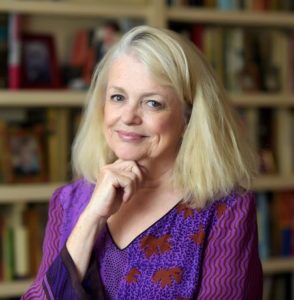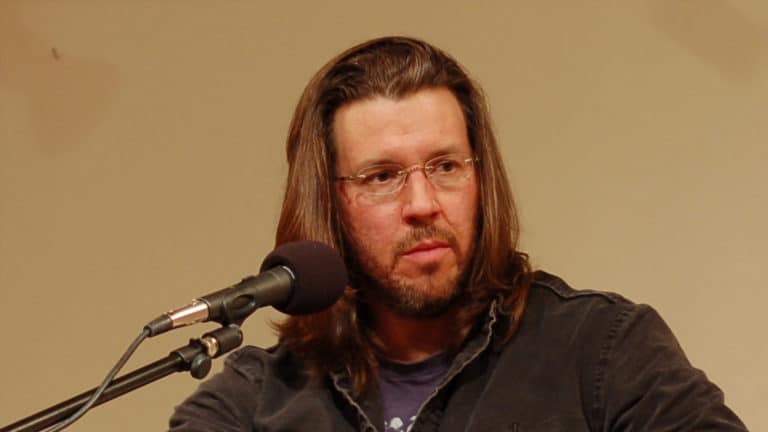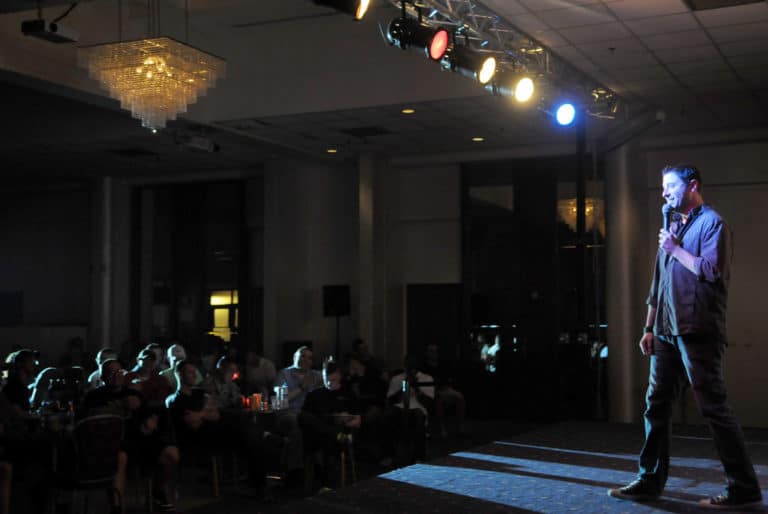“The incurable disease of writing,” the Roman poet, Juvenal, called it. “Many suffer from” it, he notes. There is in fact a term used by mental health professionals for extreme cases of the need to write, “hypergraphia.” It’s usually applied to people who have a severe mental illness, they literally can’t stop writing, and who often include drawings in their scribblings. Hypergraphia is associated with epilepsy and temporal lobe disorder.
But it’s an open question whether that clinical term can be applied to prolific writers like Edgar Alan Poe, or Dostoevsky, or Isaac Asimov, or in contemporary times, Joyce Carol Oates, (who has published 40 novels, plus novellas, volumes of short stories, poetry, plays and non-fiction.) Notably, Oates has said that she is able to write when she’s in the car—when someone else is driving—and even when she’s got the flu.
For some of us the need to write is so profound that if we can’t do it we are quite miserable. Yet the life of the writer is mined with struggle and disappointment. “Ever tried. Ever failed,” Samuel Beckett wrote. “No Matter. Try Again. Fail Again. Fail Better.”That about sums it up for some of us. The professional writers’ life is not necessarily a happy one—our personal happiness, if possible, is usually achieved through friends, lovers, spouses, children, pets, sex, a good meal, a stiff drink. Happiness from writing does come momentarily when an agent calls to tell us she’s sold a novel. But even that happiness is often followed by a year—or a year and a half!—of anticipation and worry—will the novel get good reviews? Will it get reviewed at all? Will it sell! Then comes the day of publication, and another moment of happiness—the nice book party and the congratulations of family and friends. But that’s perhaps three hours’ worth of happiness, and then… on we go.
Herman Melville was by most modern standards, a failure as a writer. His first novel, Typee, was a big success, but that was followed mostly by years of misery. Needless to say, Melville was depressed and irritable, and horrible to his family. He even had to pay for his own poetry to be published. Yet he kept on going. He took a job as a Customs Inspector to help support his family. His most famous work, Moby Dick, was a commercial failure, and had mixed reviews. Nonetheless he continued, writing Billy Budd. He died before he could finish it, and by then Moby Dick was out of print.
So, what is the nature of this “illness” of ours? For each of us, I suppose it has a different meaning. For me, it comes partly from my love of the English language, for its infinite variety and flexibility, and its constant mutability, which fascinate me. James Joyce once gave as an example of the beauty of the language when he compared Jesus’ words when he stands before the tomb of Lazarus. In French, Joyce said, the words would be “Jeune homme, je te dit, lève-toi.” But in English, Joyce said, it would be, “Young man, I say unto thee, arise,” the sound carrying with it, he said, the image of rising.
The need to write is a result too, of a desire to make sense of reality—not in a schematic way, that’s impossible—but perhaps to provide closure to those incidents of the imagination that I conjure up in my fiction. “There,” I think, when it’s over. “The door’s closed on that tragic love affair, that act of violence, that moment of betrayal. That crime’s solved.”
And then, on to the next book.





















